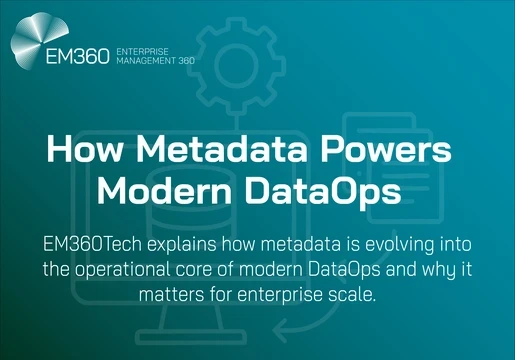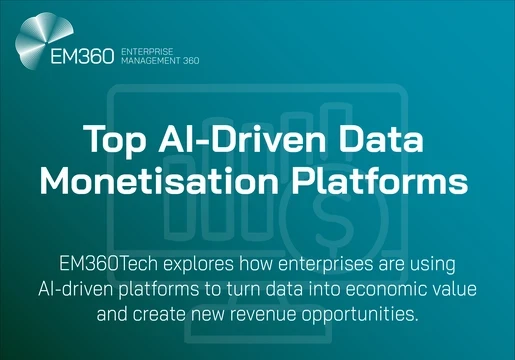Today, IT departments are struggling to provide sophisticated, high-performance business applications. However, a whitepaper from Rocket Software points out that "companies cannot afford to throw away years of investment by simply casting off legacy applications." In fact, those companies that have invested heavily in IBM i applications would benefit from modernisation. The strategic advantage thus lies in renewing existing investments instead of rebuilding from scratch.

Application modernisation is crucial
"Billions of lines of code have been written on the IBM i platform," Rocket Software notes. As a result, applications can run crucial operations from finance to manufacturing and customer relationship management. Nevertheless, businesses now require an enhanced level of interaction for all existing applications. This would mean rewriting all of this code, which is evidently "costly, time-consuming and, in the final analysis, unnecessary." Rather, these applications simply require new interfaces and more advanced ways of acquiring and assimilating data. By modernising existing infrastructure, enterprises can therfore benefit from higher productivity, increased ROI, and faster time to market.
Multiple Platform Development
In order to provide sophisticated business services, companies require a complex IT infrastructure. This essentially means incorporating multiple servers, building applications using new languages, and supporting multiple programming platforms. "Managing application development in this environment presents unique challenges for IT directors," according to Rocket Software. As a result, IT must first address incompatibility of IBM i file storage technology with other distributed systems. Inconsistent development processes and terminology can also cause issues, alongside complex and variable build management processes. Multi-platform code deployment and multiple development languages are also challenging. It is evident that a multi-platform, multi-team business development environment can cause a number of issues. In order to address these challenges, IT must establish a "unified, structured, measurable, repeatable process capable of managing every language, every platform, and each development methodology."
The value of an ALM solution
Implementing a multi-platform development process, or a comprehensive Application Lifecycle Management (ALM) solution, could be the answer. Nevertheless, not all ALM solutions are able to address the aforementioned challenges. Despite some ALM solutions falling short, Rocket Software's approach to the application of ALM addresses each and every issue. In fact, the company simplifies software maintenance and creation throughout the lifecycle by using a single point of control over every stage of application development. In addition to this, the company's focus on inventory management and process automation is completely unique in the industry. As a result, Rocket Software produces high-quality business applications in an efficient and effective manner.
Enjoyed this article? Take a look at the Top 10 Companies Unifying Data in 2019







Comments ( 0 )